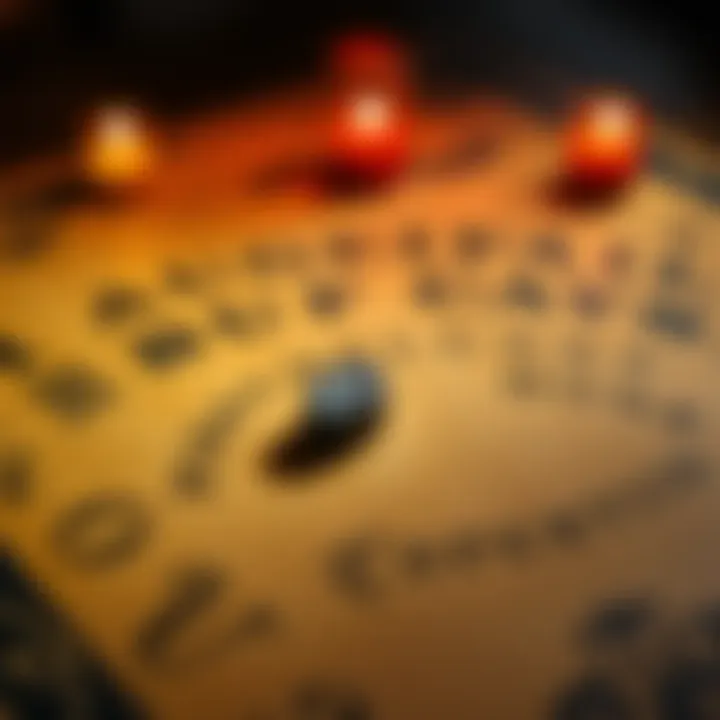Ouija Boards | Real or Hoax? Intense Stories Surface

As debates about ouija boards heat up, skepticism and personal experiences clash. Recent claims from individuals reveal surprising encounters with the supernatural, contributing to a growing curiosity among community members.
Shared Experiences: The Good, the Bad, and the Scary
People are increasingly sharing accounts of spirit communication. One individual recalled a frightening episode from their childhood: "I was having a birthday party. We were chatting with a spirit. It spelled out 'blue' as a password I hadn't shared with my friends. I was terrified, especially when it spelled 'redrum' afterward. Haven’t touched the board since!"
This raises critical questions about the repercussions of engaging with these boards. Another commenter shared a cautionary tale, illustrating potential dangers:
"I invited something around me at age 12; it haunted my room and caused me terrible insomnia."
Skeptics Strike Back
Contrasting sharply, skeptics assert that these boards are just a form of pseudoscience. A user described making their own ouija board as a child, admitting, "We both made up the answers." Concerns linger about summoning harmful entities, even from those usually dismissive of ghost stories. As one skeptic noted, "What proof do we have that bad spirits don’t show up?"
Important Themes Emerging
⚠️ Warnings from Experiences: Many voices emphasize caution, especially after unsettling encounters.
👻 Eager to Explore: Some participants remain curious about the connections, despite risks.
✨ Intentions Are Key: There’s a belief that the effectiveness of the board stems from the user’s intent.
Key Insights from Ongoing Discussions
△ "I had to finish the convo; it confirmed the password quickly," highlights users' need for closure.
▽ Skepticism grows alongside an eagerness to test the waters, seen in experiments planned by curious individuals.
※ "I cried to my mom, a spiritual person who assured me everything was fine," shows the emotional toll these experiences take.
As fervor around ouija boards builds, what other chilling stories await members of this ongoing discussion?
Historical Context
The renewed interest in ouija boards reflects a cultural phenomenon, reminiscent of 19th-century spiritual movements. This ongoing conversation stirs interest as global events shape people’s hunger for spiritual communication. Will investigations ahead redefine our perception of these controversial tools?
